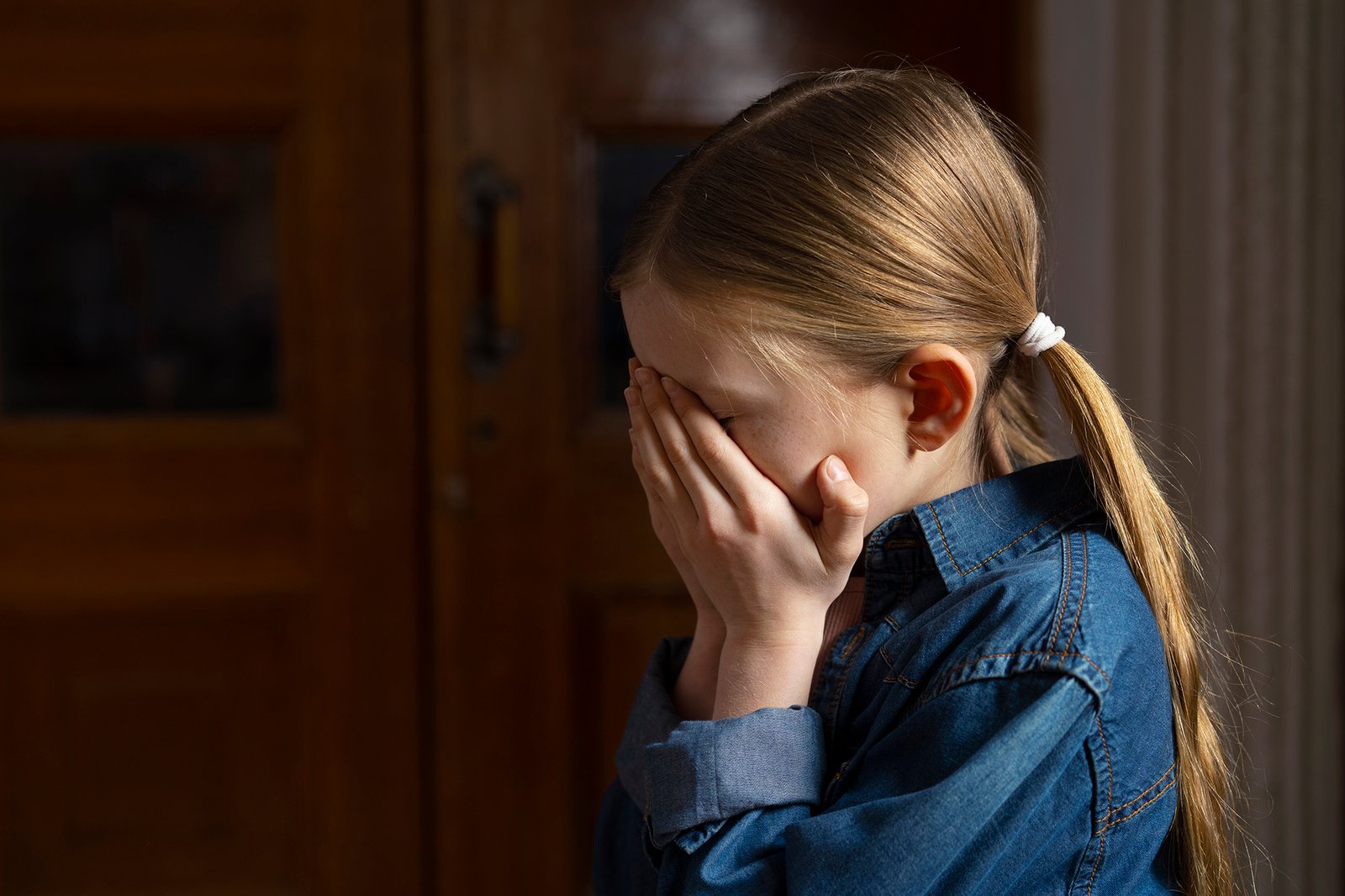Childhood Depression
Childhood depression is a mental health condition that affects children and adolescents, although it’s often seen as an adult disorder. This condition is frequently unrecognized and untreated because adults may not associate depressive symptoms with children. Understanding the symptoms and causes of childhood depression can help parents, teachers, and caregivers identify and support children who may be struggling.
Signs and Symptoms of Childhood Depression
Children may not be able to express their feelings clearly, and their symptoms can differ from those typically observed in adults. Some warning signs that caregivers can look for include:
- Irritability or Anger: Children may seem easily frustrated or frequently angry.
- Behavioral Changes: Noticeable shifts in temperament, such as being unusually withdrawn or defiant.
- Appetite Changes: Increased or decreased appetite without a clear reason.
- Sleep Disturbances: Difficulty falling or staying asleep, or excessive sleep.
- Outbursts: Emotional or vocal outbursts, often seemingly unrelated to the immediate situation.
- Physical Complaints: Frequent headaches, stomachaches, or other physical symptoms without a medical cause.
- Reduced Concentration: Trouble focusing, especially in school.
- Decline in Academic Performance: Grades may drop, or they may struggle with tasks they previously found manageable.
- Negative Thinking: Self-critical remarks, excessive complaining, or expressing feelings of worthlessness.
- Talking about Death or Dying: Any mention of death, dying, or self-harm should be taken seriously.
Causes of Childhood Depression
The exact causes of childhood depression are unknown, but several factors may contribute, including:
- Family History: A family history of depression or other mental health conditions can increase the risk.
- Environmental Stress: Stressful life events, such as parental separation, family conflict, or bullying, can trigger depressive symptoms.
- Biochemical Factors: Imbalances in brain chemistry may play a role.
- Genetic Vulnerability: Children with a genetic predisposition may be more susceptible to developing depression.
- Physical Health: Chronic illness or significant changes in physical health may also impact mental well-being.
Treatment of Childhood Depression
Cognitive-Behavioral Therapy (CBT) is an effective treatment for children with depression, often used to address both depressive and anxiety symptoms. CBT works by helping children:
- Identify and Challenge Negative Thoughts: Children learn to recognize negative thinking patterns and replace them with more positive, realistic thoughts.
- Develop Coping Skills: Therapy teaches strategies to manage stress and emotions in healthier ways.
- Address Fears and Worries: CBT helps children face their fears and anxieties, building resilience and confidence.
By identifying childhood depression early and providing effective treatments like CBT, caregivers and professionals can support children in developing healthy emotional coping skills and preventing long-term effects on their mental health.
